For many women entrepreneurs, the road to building a business comes with decisions that demand confidence, adaptability, and a willingness to challenge expectations. While the industries differ, their experiences share a common thread — each has found ways to turn personal and professional obstacles into leadership strengths. In their own words, they explain how those challenges shaped the way they lead today.
Confidence and Connection
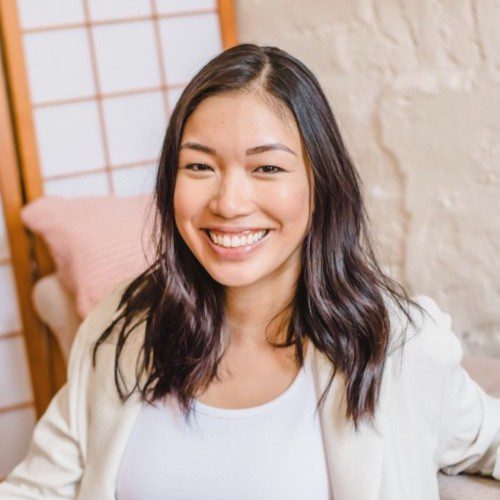
Kristie Tse, founder of Uncover Mental Health Counseling, says one of her biggest hurdles was “overcoming self-doubt and the societal expectations often placed on women in leadership.” Early on, she second-guessed her decisions and felt compelled to over-explain her expertise. Over time, she learned the value of trusting her voice and building a network of mentors who reinforced her goals.
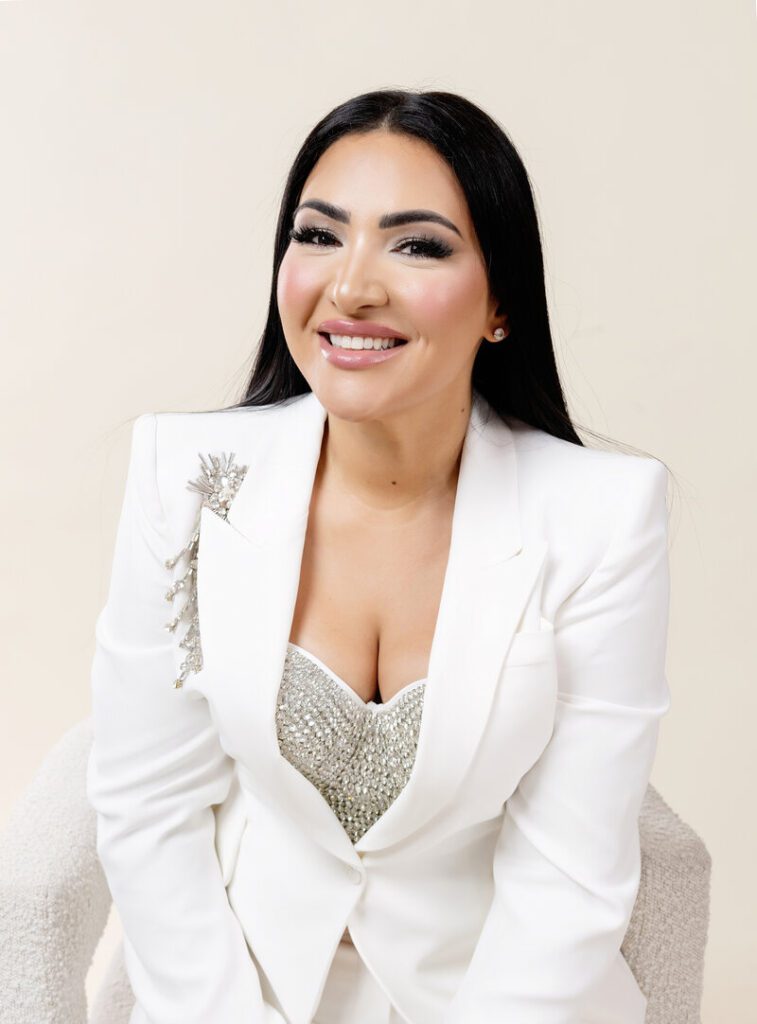
In dentistry, Neda Hovaizi, owner of Lumiere Dental Spa, realized that “true dental care starts with trust and comfort.” She designed her practice to make patients feel safe, cared for, and understood — a shift that transformed both her approach to treatment and the way her patients experienced it.
Defying First Impressions
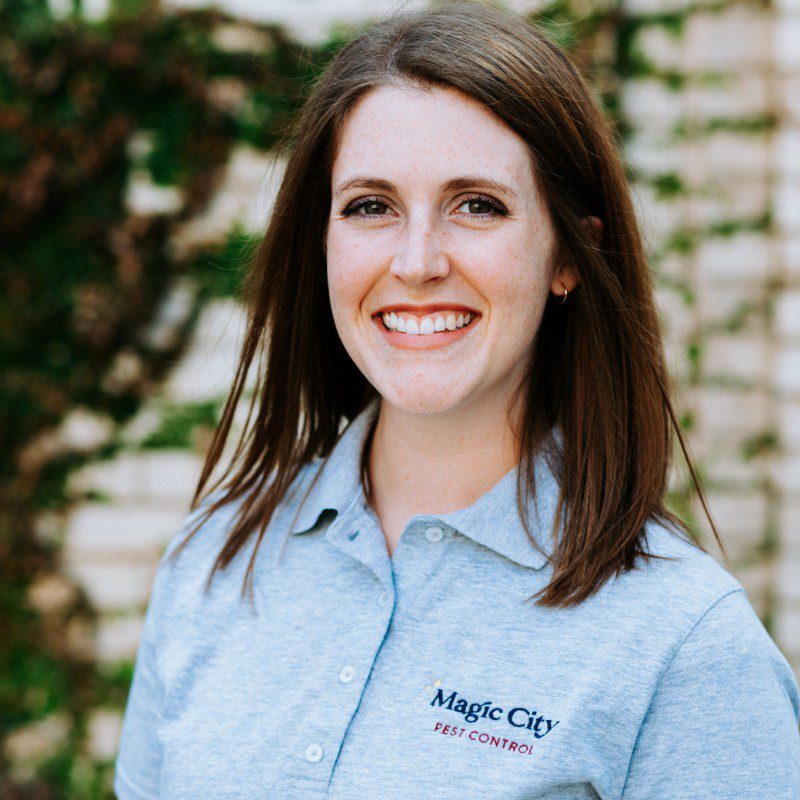
Samantha Stuart, co-founder of Magic City Pest Control, recalls walking into a meeting and being asked if she was there to take notes. “I introduced myself as the founder and decision-maker,” she says, “and went on to win that contract.” That moment fueled her commitment to ensuring women on her team feel empowered to speak up and own their roles.
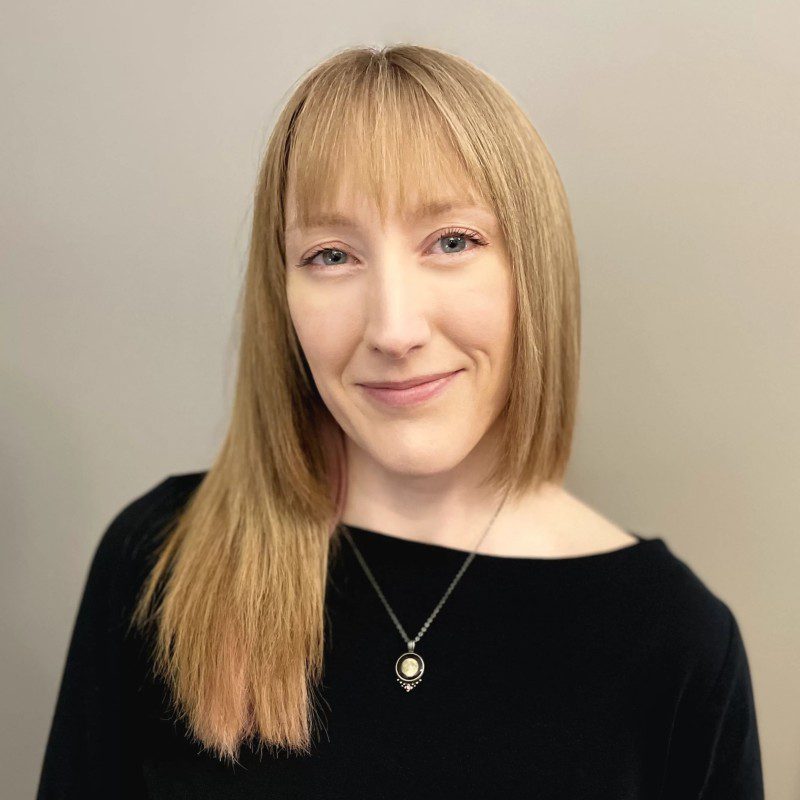
For Taryn Pumphrey, president of Ledger Lift, trust was the barrier she had to break. “People would ask to speak to the person who handles the numbers even after I’d introduced myself as the founder,” she explains. Delivering accurate books and practical advice became her way of proving that skill — not stereotypes — defines capability.
Changing Industries from the Inside

Allison Fraser, owner of Allison Design Co., says one of her greatest challenges has been “learning how to assert my value and boundaries in an industry that often expects women to over-deliver without question.” In the early days of her business, she undercharged, overexplained decisions, and said yes to everything out of fear of seeming difficult. The bigger hurdle, she realized, was internal — unlearning the idea that constant accommodation was a marker of success.
A turning point came when she walked away from a project where the client repeatedly pushed beyond the agreed scope. “Saying no felt terrifying, but it also gave me my power back,” she says. That decision reshaped her leadership approach, grounding it in clear boundaries, transparent communication, and a commitment to running her business in a way that honors her time, energy, and expertise.
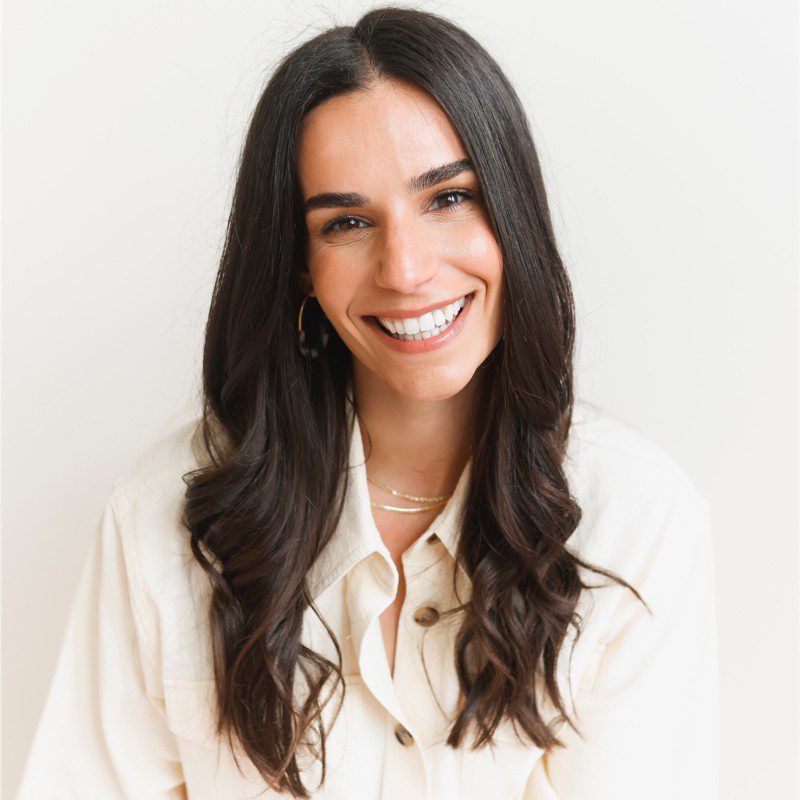
Danielle Beattie, director of national marketing at Studio Three, faced a different kind of doubt from prospective clients. “The biggest hurdle was getting people to believe they could get strength, cardio, and recovery all in one place,” she says. A conversation with an injured client pushed her to rework programming to include modifications, making classes more inclusive for everyone.
Balancing Pressure and Presence
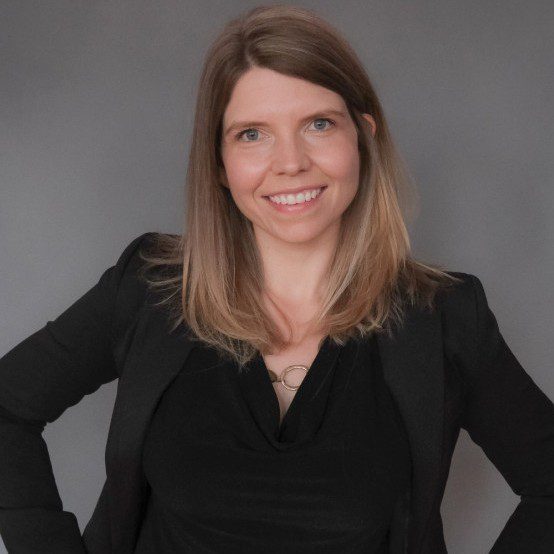
Christine King, owner of Pontoon Plaza Storage, says she was “often underestimated, especially in negotiations or when seeking partnerships.” The lesson she took was to trust her expertise, back decisions with data, and never let others’ assumptions dictate her leadership.
Resilience in the Face of Resistance

Dylan Young, marketing specialist at CareMax, says her biggest challenge was “being underestimated in a male-dominated health tech industry.” She countered that by leaning into data, strengthening direct-to-consumer strategies, and refusing to compromise on authenticity.

For Summaiya Nisar, VP of marketing at Sympl Energy, societal expectations were the main barrier. “I was told that ambition in women is ‘too modern,’” she recalls. Setting boundaries and communicating her goals clearly became the way she balanced personal and professional priorities.
Leading Authentically
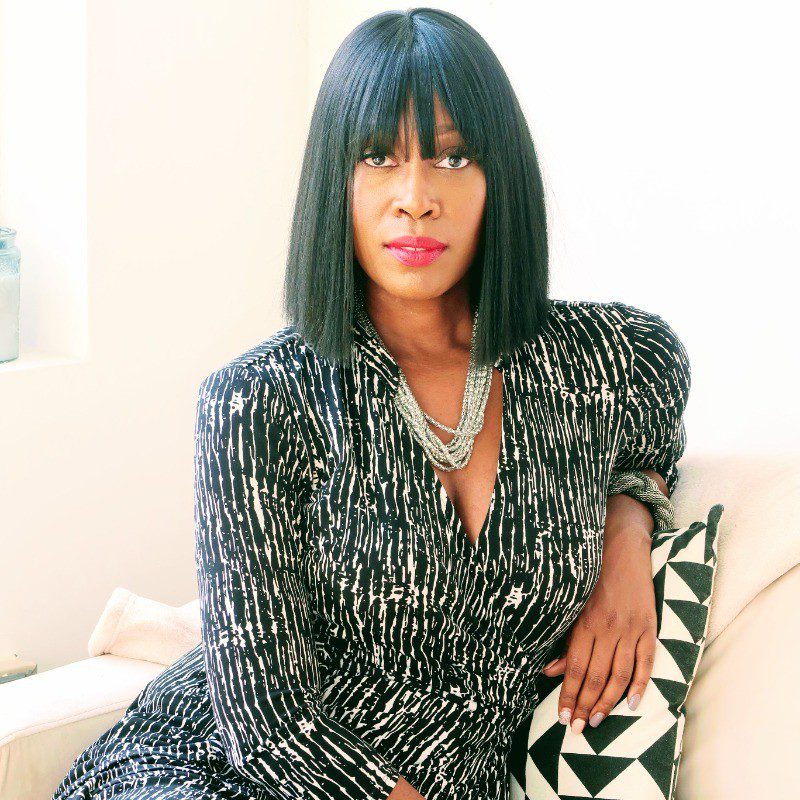
Lorene Cowan, founder of Yoke Dating App, says she once shrank her ideas “to make others comfortable” in male-dominated rooms. Over time, she realized that “you don’t have to trade authenticity for authority,” blending strategy with emotional intelligence in her leadership.
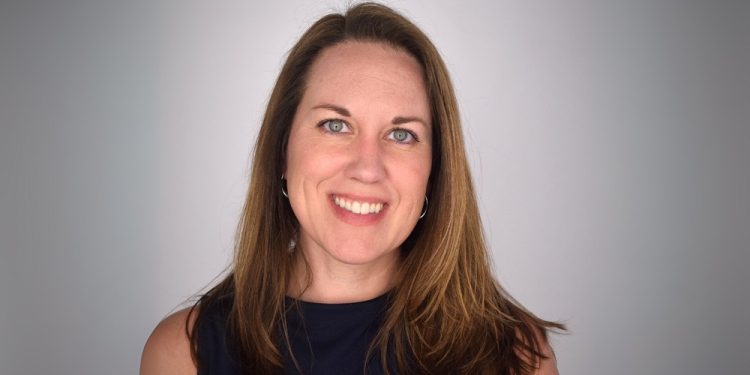
Jessica Rich, owner of Bona Dea Naturals, confronted the stereotype that women-led beauty brands are “cute side projects.” When faced with dismissive attitudes, she let results speak, showing financials that proved her company’s scale and reach, and reminding herself that “you don’t need permission to be taken seriously.”
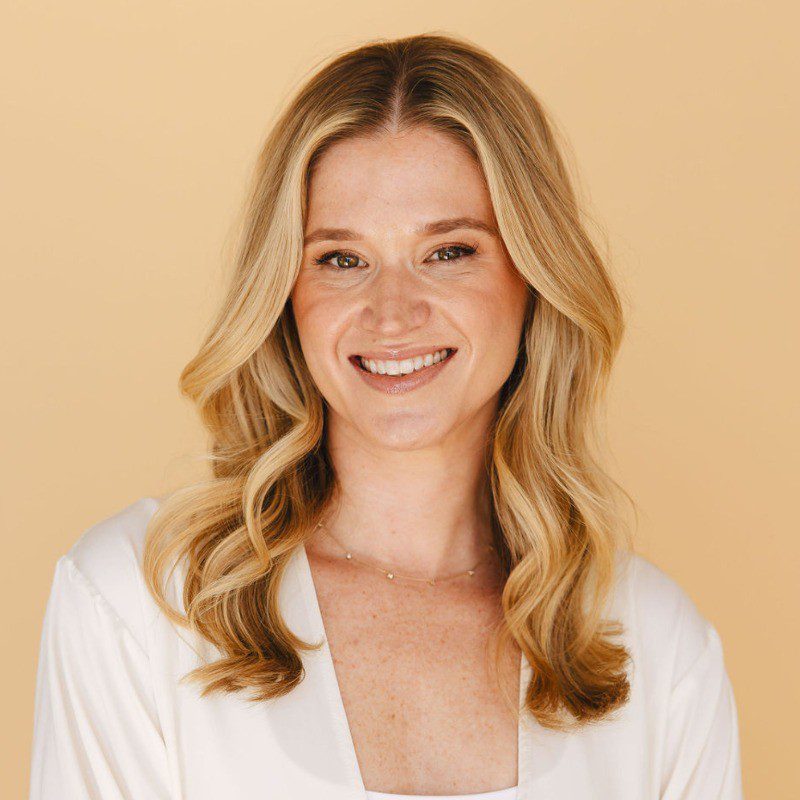
Authenticity meant staying true to a mission even when it meant turning down a major retailer’s offer, according to Laura Kosmorsky, Co-Founder of Tied Sunwear. “Protection only works if people want to put it on,” she says, explaining that every product must deliver both style and UPF 50+ sun safety. One of her earliest customers teared up after trying on a cover-up that protected her skin without sacrificing style — a reminder that the brand’s purpose is about freedom and confidence as much as fabric. Educating customers about why their South Korean–made fabrics retain UV protection has become central to her role, underscoring her belief that trust is built on both transparency and delivering on promises.
From pushing back against stereotypes to redesigning experiences for greater inclusivity, these women’s words reflect the depth and diversity of leadership today. Each has faced unique challenges, yet the common thread is clear: resilience grows when vision, action, and authenticity work together.















